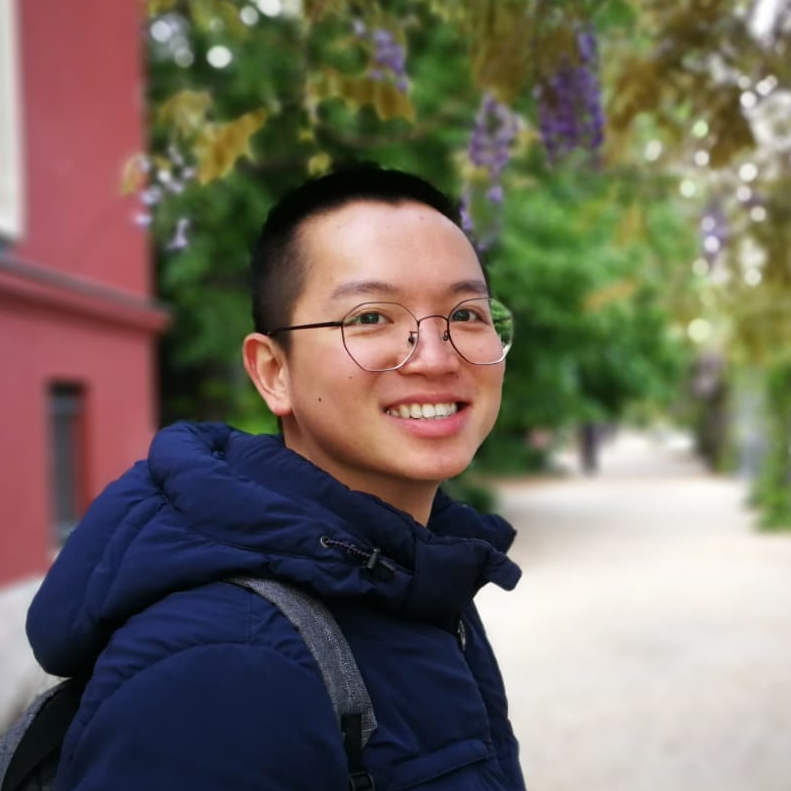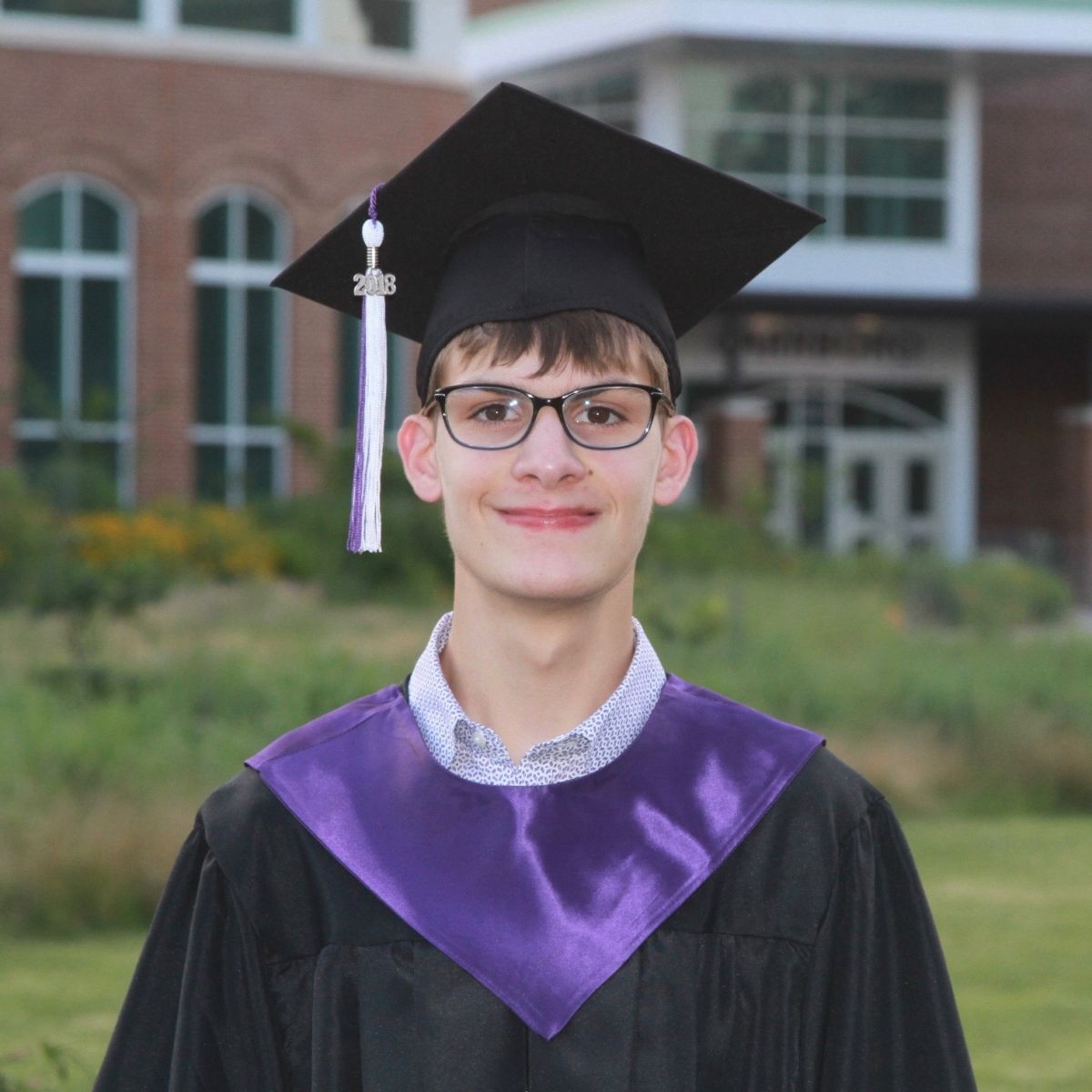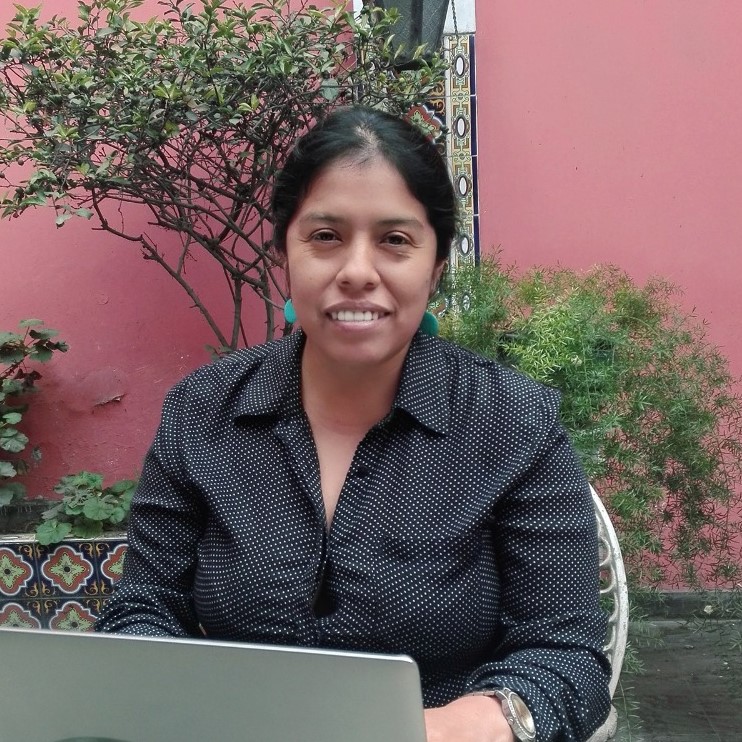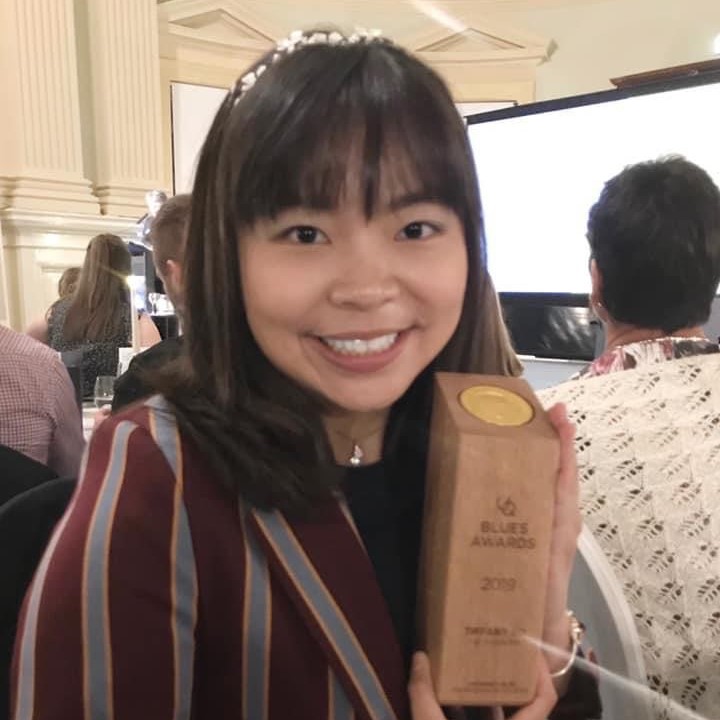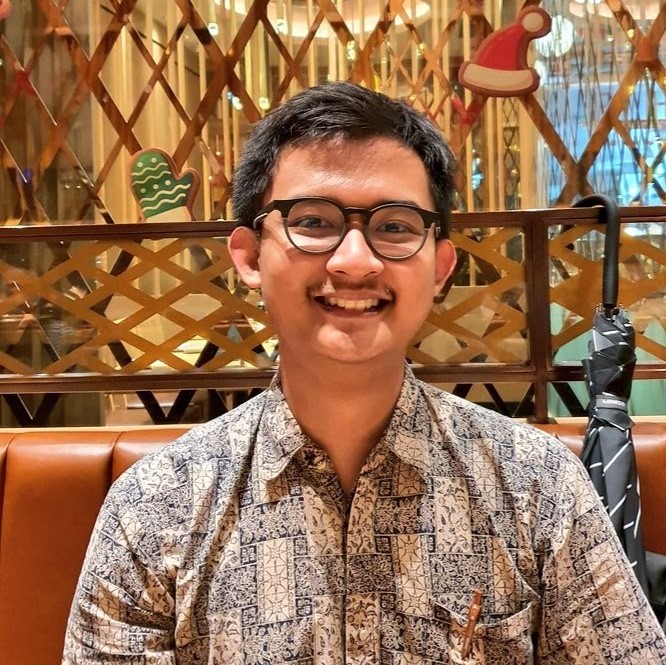Education for this Generation
Every culture and every generation has their own style of teaching. Find out how teacher Tiffany from Taiwan is working on an inter-cultural approach to education for a new generation of kids.
Taiwan, Eastern Asia
Story by Tiffany Ko. Edited by Timothy O'Rourke
Published on May 17, 2022.
Reading time: 6 minutes
This story is also available in 




I was born in the capital city of Taiwan, Taipei and studied and worked in Australia for 6 years. I am a teacher and also a sports coach who has worked in different cities across Asia and Oceania teaching children and adults aged from 2 to 60. I founded my own brand, “Taephoon International”, in 2017 at the age 19, dedicated to Physical Education and education-related events and camps. Since 2017, I have hosted many domestic and international camps, seminars, and conferences which have given me the opportunity to travel to China, Korea, Japan, New Zealand, and so on, cooperating with the local clubs, schools, and organisations.
I work within and outside the cultural norms, applying a combination of Asian and Western education methods in my classroom. I forbid the complexity of standard operation procedure in teaching, allowing myself to release my creativity in planning, implementing, and evaluating my teaching materials. To do so, I consistently ask myself these two questions to keep me fresh in teaching, what is “education” to me? What does a good education look like?
I work within and outside the cultural norms, applying a combination of Asian and Western education methods in my classroom.
After moving from Australia to Taiwan, I started to teach English. English education has grown into my second focus after Physical Education. Bilingual education is now a big focus in Taiwan’s education system, which is trying to provide children a natural language learning environment instead of fixed knowledge from textbooks. With my academic background, I am just like a fish in rich waters. I combined PE and English teaching together, not just using English in PE classes but involving a lot of vocabulary teaching with physical movements and English interaction in group activities. Many class activities are the product of my creativity.
When I plan for a class, I boldly think about the teaching theme according to my students’ backgrounds, carefully plan my class activities according to the theme, and proudly make it work in the available settings. There are two main actions in planning class activities: enlarge and narrow, enlarge the possibilities, and narrow to those that are realistic. It does not emphasise what is taught but how it is taught.
From my point of view, languages are a tool for opening a door to a different culture.
Bilingual education has become a trend in today’s education all over the world. 3 years ago, I was teaching at an English-French primary school in Brisbane, Australia. Children there can at least speak two languages at the native level; some even speak three or more! I credit the school’s language diversity to the multiculturalism in Australia. As a migrant-based country, Australia consists of people from various racial backgrounds, and many children are the second generation living with their parents speaking in their native tongues at home. Therefore, bilingual schools are getting more popular in Australia, and even those who are English Australians choose to go to bilingual schools to develop their second language.
From my point of view, languages are a tool for opening a door to a different culture. Languages are a tool to interact with one another, speak out your ideas to people, and even convince others, change harmful behaviors and increase harmony. Languages represent words, and words are powerful. Words can build but also destroy. When people focus on learning languages as a skill, I see it as a weapon. Language with wisdom is a weapon to fight the battles and conquer your goals. When people are praising the benefits of being bilingual or trilingual, I pay attention to the possible harm that words can cause and watch carefully the words I say.
Multicultural education does not mean education has no guides or rules to follow.
Children who were born in the 2000s and 2010s are considered this generation and they are creating a revolution in education. When I think about education, I picture that kids have enough resources, diverse teachers working joyfully together, and interactive, fun classes. When I say “education for this generation,” I am not talking about a subject, a method, or a philosophy, but rather an attitude. Although there are different kinds of off-stream education that emphasise their own core values, an attitude for all is to embrace different values, thoughts, and philosophies towards education, just like multiculturalism in this society. Learn to be culturally intelligent and accept differences in personal, social, and interpersonal aspects. Multicultural education does not mean education has no guides or rules to follow. In fact, the openness and the creativity in teaching will bring education to another level. As teachers, our goals are to deliver knowledge, give motivation, and inspire good behaviors. There is no definite answer to what is the right education for this generation, but if every educator starts trying to define the education for this generation, we together can make a difference.
Footnote
off-stream: an education system rather than mainstream education. Usually, only a little of the population goes to off-stream schools. For example, Steiner Schools, Montessori Schools, and some private bilingual international schools. In Taiwan, the mainstream education is government-funded public schools.
How does this story make you feel?
Follow-up
Do you have any questions after reading this story? Do you want to follow-up on what you've just read? Get in touch with our team to learn more! Send an email to [email protected].
Editorial
If you're interested in different approaches to education, you can learn more about Montessori in Gianina's story from Peru, or explore how Zhihao is bringing sex education to the Chinese countryside. I'd also recommed reading Keiron's plea for providing higher education programmes for people with learning disabilities so students like him can realise their dreams.
Recommended Further Reading
> Mainland China
Chinese Countrysides May Be Prepared for Sex-Ed
A story by Zhihao Zhong
5 min English Audio available
Talk about this Story
Please enable cookies to view the comments powered by Disqus.
Subscribe to our Monthly Newsletter
Stay up to date with new stories on Correspondents of the World by subscribing to our monthly newsletter:
Tags
Topic: Education
> Taiwan
What Becoming a Teacher Taught Me: My Journey to Smangus Tribe
A story by Tiffany Ko
8 min Long Read
After facing difficulties in her business, Tiffany decided to move to a small tribe in the mountains of Taiwan and become a teacher. This is her story of how her time in Smangus healed her wounds and let her grow as a person. Read more...
> Mainland China
Chinese Countrysides May Be Prepared for Sex-Ed
A story by Zhihao Zhong
5 min English Audio available
Is it possible to deliver sex education to every student in a village school? You may be surprised how it can be done. Read more...
> India
Tending Minds, Empowering Hearts: Navigating the Depths of Mental Health as a Therapist
A story by Anonymous
5 min
In the relentless realm of mental health, a young therapist grapples with the weight of preventing tragedy in an educational institute. As they navigate the complexities of their profession, the story unfolds, delving into the delicate balance between healing others and preserving one's own mental well-being. Read more...
Explore other Topics
Get involved
At Correspondents of the World, we want to contribute to a better understanding of one another in a world that seems to get smaller by the day - but somehow neglects to bring people closer together as well. We think that one of the most frequent reasons for misunderstanding and unnecessarily heated debates is that we don't really understand how each of us is affected differently by global issues.
Our aim is to change that with every personal story we share.
Community Worldwide
Correspondents of the World is not just this website, but also a great community of people from all over the world. While face-to-face meetings are difficult at the moment, our Facebook Community Group is THE place to be to meet other people invested in Correspondents of the World. We are currently running a series of online-tea talks to get to know each other better.







